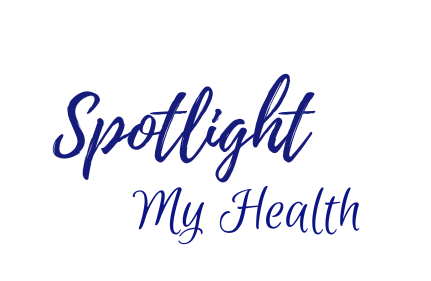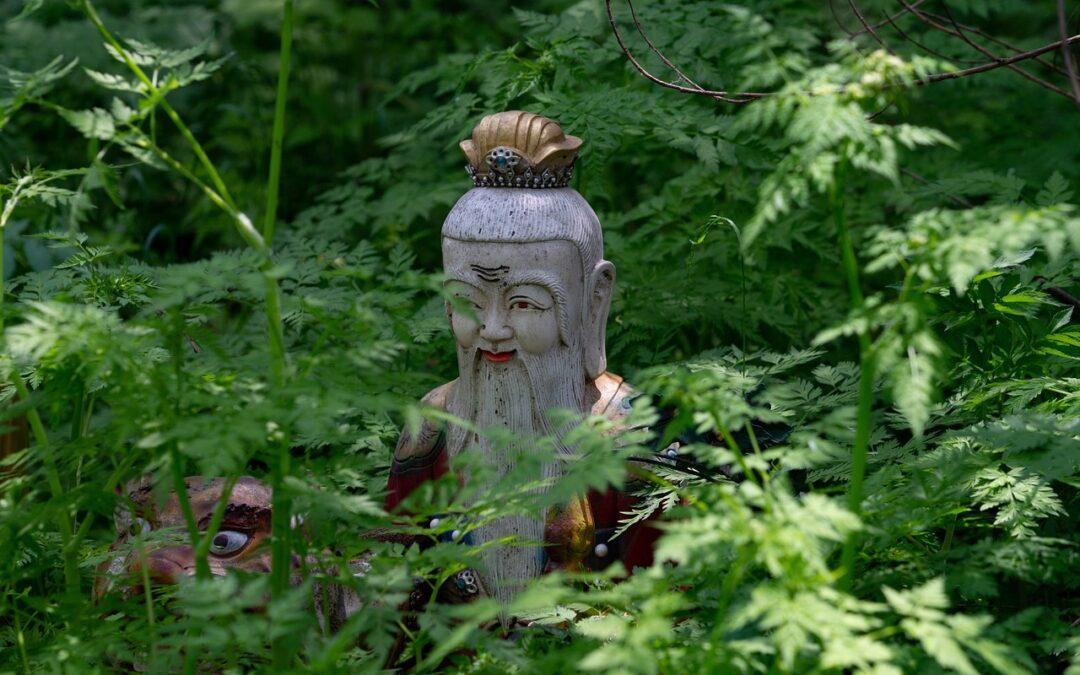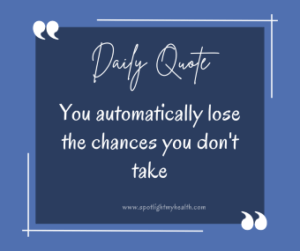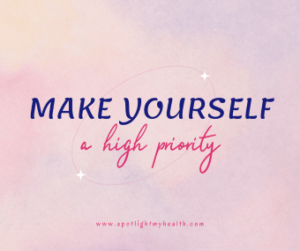As the field of healthcare continues to move forward, the combining of alternative medicine practices with modern medicine has gained alot of attention.
Modern medicine is rooted in evidence-based approaches and scientific research. Alternative medicine brings to the table a wide and diverse range of practices with enough modalties that everyone could find something suitable and that works for them. It also seems that the modern and alternative medicines are joining. And the focus seems to be turning toward a patient’s holistic well-being by using both “medicines”.
Some of these forms of alternative medicine have been practiced for hundreds of years. I’m going to explore some of the more well-known alternative medicine practices and a few that you may not be aware of.
These alternative forms of medicine could be used to enrich and work alongside modern medicine to give the patient the best of both worlds. There are a few hospitals in the country that are beginning to use one or two of these modalities to help improve the overall wellbeing of their patients.
Acupuncture
This modality originated from ancient Chinese medicine. It involves the insertion of thin needles at specific energy points on the body. This is to use that energy within the person’s body. The body’s energy is believed to promote healing and restore balance to the patient. Those that practice acupuncture believe that ailments are caused by the disruption of the energy flowing through our bodies.
Acupuncture is often used to alleviate pain, manage stress, and enhance overall wellness. Studies have shown that acupuncture can effectively complement modern medicine by reducing postoperative pain, muscle pain and spasms, chronic back problems and pain, nausea, and vomiting. It can also assist in addiction recovery and supporting mental health treatments.
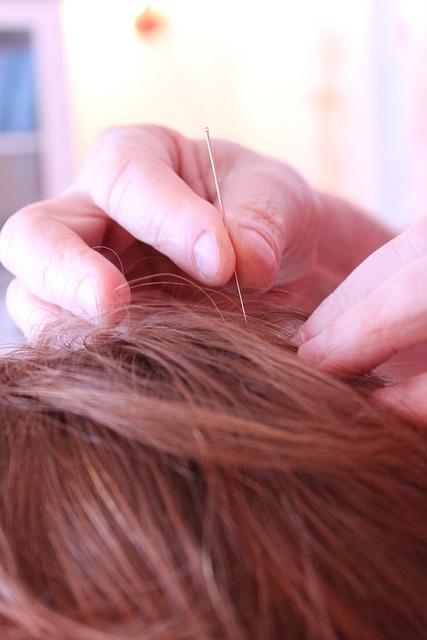
There is also the practice of Meridian Healing that works much the same way as Acupuncture, but without a needle. These practitioners stimulate the same energy points but through massage, laser beam or electronic stimulation.
Chiropractic Care
Chiropractic care recognizes an association between the body’s structure, specifically the spine, and the role it plays in the body. Chiropractors use techniques such as manual adjustments and spinal manipulation to help the patient move easier along with promoting overall health.
By using chiropractic care with modern medicine, many times, pain is lessened. This helps to create effective pain management options that help the patient with conditions such as back pain, neck pain, and musculoskeletal disorders.
Traditional Chinese Medicine (TCM)
Traditional Chinese Medicine uses techniques such as herbal medicine, acupuncture, and qigong. For centuries, these techniques have been used to restore balance and maintain health.
TCM believes all systems in our bodies are interconnected. A practioner of TCM believes in finding and addressing the root causes of an illness rather than just treating symptoms. By combining TCM with modern medicine, healthcare professionals can offer a more holistic approach to patient care. This effectively helps to manage chronic conditions and can enhance overall wellbeing for patients.
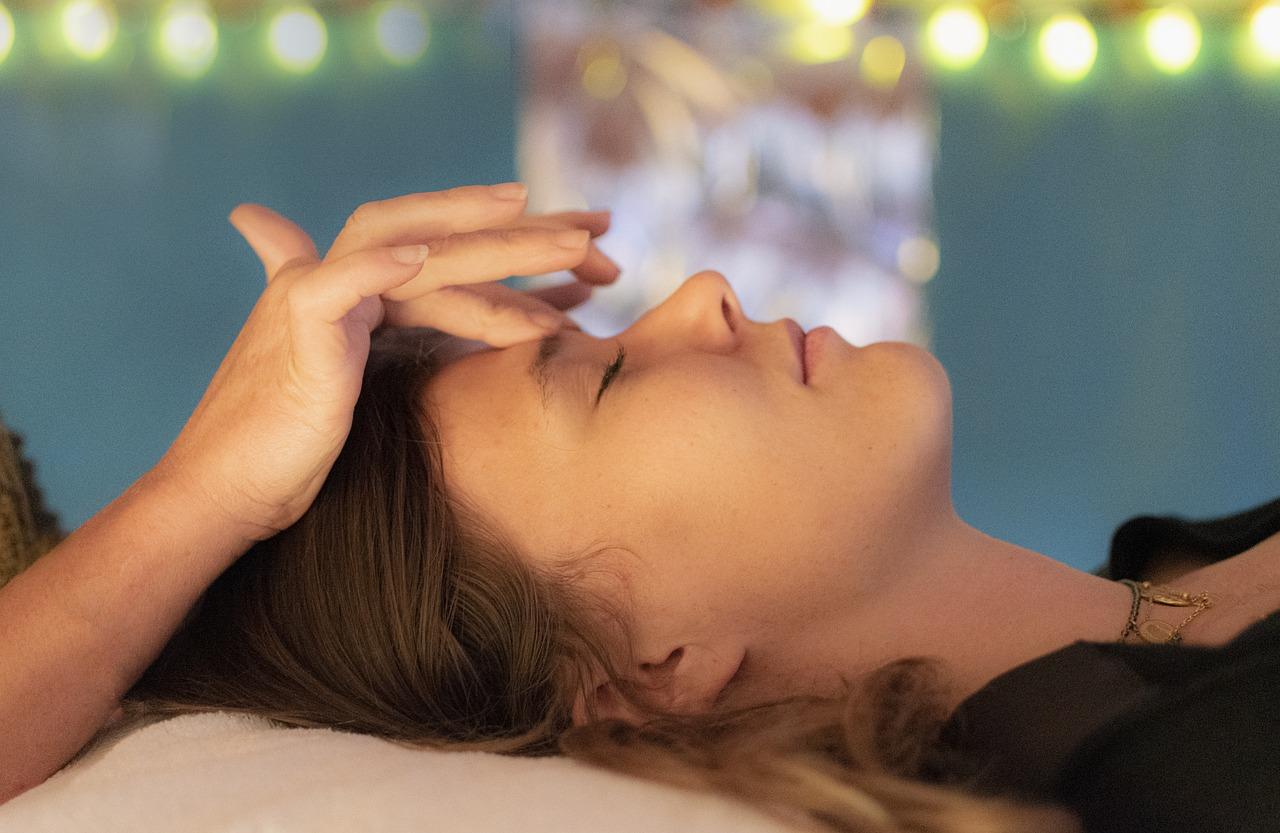
Herbal Medicine
Herbal medicine uses different plants and their extracts to treat various ailments and maintain health. Many pharmaceutical drugs have their roots in traditional herbal remedies.
Combining herbal medicine with modern medicine can offer alternative treatment options with potentially fewer side effects. For example, herbal remedies such as St. John’s wort and chamomile have been found to be effective in managing mild to moderate depression and anxiety. Of course, all this happens by working alongside or as alternatives to conventional antidepressant medications.
Mind-Body Practices
Mind-body practices can include meditation, yoga, and tai chi. These modalities focus on the connection between mental and physical health. They promote relaxation, reduce stress, improve flexibility and balance, to enhance overall wellbeing.
When used alongside modern medicine, mind-body practices can be beneficial in managing chronic pain and improving cardiovascular health. It’s also being used to support mental health treatment plans. This is due to being able to help reduce anxiety and depression symptoms.
Meditation
Meditation is a practice that involves training the mind to focus and redirect thoughts in the present here and now. It is often used to reduce stress, improve mental clarity, and promote emotional wellbeing. When used with modern healthcare, meditation can be a complement by reducing anxiety, improving sleep quality, and enhancing pain management.
Studies have shown that meditation techniques, such as mindfulness-based stress reduction, can be especially effective in managing chronic pain and improving overall patient outcomes.

Aromatherapy
Aromatherapy uses essential oils extracted from plants to promote physical and psychological wellbeing. The inhalation or topical application of these essential oils can bring relaxation, reduce stress, and improve mood.
When used alongside modern medicine, aromatherapy can help improve a patient’s comfort as well as alleviate the side effects of some medical treatments. Aromatherapy can support emotional balance. For example, lavender oil has been shown to have a calming effect and helps reduce anxiety and improve sleep quality.
Naturopathy
Naturopathy is a holistic approach to healthcare that focuses on the body’s natural ability to heal itself. Naturopathic doctors emphasize lifestyle changes, nutrition, herbal medicine, and other natural therapies to support and restore health.
Using naturopathy alongside modern medicine could provide patients with a comprehensive treatment plan that addresses the underlying causes of illness. And also helps bring about overall wellbeing.
Using dietary modifications, nutritional supplementation, and detoxification methods, are just some of the ways naturopathy can work alongside conventional treatments. This helps to optimize patient outcomes and support the body’s natural healing processes.
Crystal Healing
Crystals have healing energy. Crystal healing is all about the interaction with stones and crystals. It is based on the belief that crystals and gemstones work with the energies found running through the human body. It’s believed that some crystals possess healing properties that can promote physical, emotional, and spiritual wellbeing. This then helps to ensure the energy in the body is flowing as it should be.
Practitioners place crystals on or around the body to balance energy and bring about healing. While scientific evidence supporting the effectiveness of crystal healing is limited, some individuals find it helpful as a complementary practice to modern medicine. The use of crystals can provide a sense of calm, promote relaxation, and support the overall healing process.
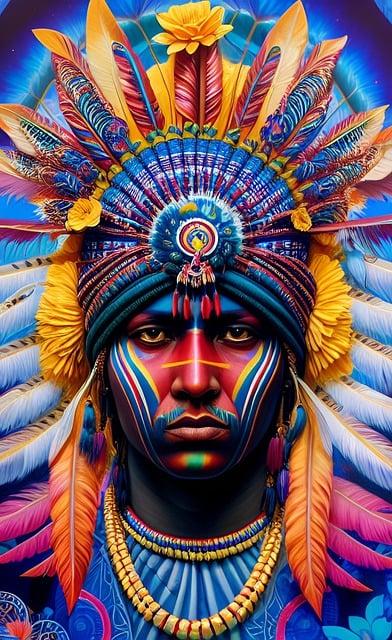
Reiki
This energy healing modality was created by Usui Mikao in Japan in the early 1900’s. The beginning of the word ‘rei’ means ‘universe or higher power wisdom’ and the ‘ki’ means ‘life force energy’.
Reiki is based on the belief that there is a universal energy that flows through all living beings. This energy has the potential to promote healing, relaxation, and overall wellbeing. Practitioners of Reiki channel this energy through their hands, placing them on or near the recipient’s body in a series of hand positions and along the bodies ‘chakras’.
The Reiki practitioner acts as a conduit for the universal life energy, allowing it to flow through them and into the recipient. This causes balance and harmony within the recipient’s body, mind, and spirit.
Reiki is also used as a complementary therapy alongside conventional medical treatments to support the healing process and enhance overall health.
You can find Reiki listed in the Holistic Nursing “Scope and Standards of Practice” as an accepted form of care.
Qigong
This is a form of gentle exercise that is composed of movements that are repeated several times to increase fluid movement and build awareness of how our bodies move through space.
Qigong opens the flow of energy in meridians used in Chinese medicine and acupuncture. (meridians are channels that form a energy network in the body, through which qi (vital energy) flows.)
Not only does Qigong support general wellbeing and health, this practice is the internal foundation of all martial arts.

Shamanic Energy Healing
Shamanism is a ‘life calling’ as there are no schools to learn from. Because of this, you will seldom see two shamans doing a treatment the same way. Shamanic healing is a spiritual and holistic practice that has been carried out by various indigenous cultures, around the world, for centuries.
Shamans work with the belief that the imbalances and illnesses in the physical, emotional, and spiritual parts of humans can be handled through direct connection with the spirit world.
Each shaman has their own way to manipulate and move the energy in our body. He or she can also pass on wisdom from the spirit realm.
Shamanic healing is deeply rooted in specific cultural and spiritual traditions. It is a good idea to approach it with respect, cultural sensitivity, and an understanding of its origins. When seeking shamanic healing, it is advisable to work with experienced practitioners who have received proper training and guidance within their specific traditions.
Final Thoughts
Combining alternative medicine practices with modern medicine provides an all over approach to patient care. Looking at each patient’s overall health, you address not only physical symptoms but also mental, emotional, and spiritual wellbeing.
By acknowledging the potential benefits of these alternative practices, healthcare professionals can expand treatment options and tailor care plans to individual patients.
It is important, however, to maintain open communication and collaboration between alternative medicine practitioners, conventional healthcare providers and the patient to ensure the best possible outcomes.
By taking a balanced approach using the strengths of both modern medicine with the holistic principles of alternative practices, we might begin to have a more inclusive and patient-centered healthcare system that benefits all involved. What do you think? Is it time to start combining alternative and modern medicine to give yourself the best options for feel your absolute best?
Stay Healthy
Cher
Relevant Reading
Holistic Lifestyle-What It Is and The Benefits
Ten Easy Tip to Improve Your Health
